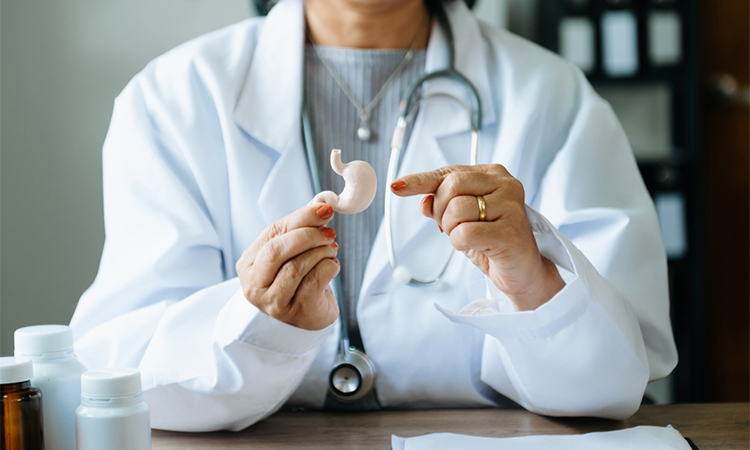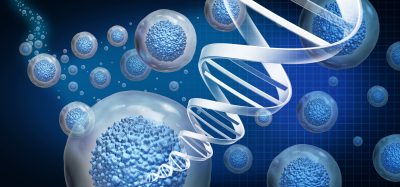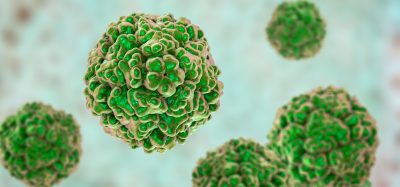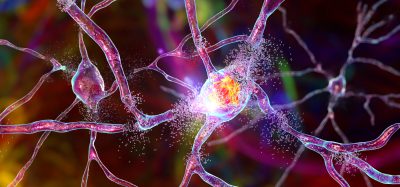Researchers discover the role of intestinal fibrosis in inflammatory bowel disease
Posted: 10 March 2023 | Ria Kakkad (Drug Target Review) | No comments yet
The scientists used a new in vitro platform, which allowed intestinal organoids to be cultured on an open lumen, planar system that could be manipulated experimentally.


Intestinal fibrosis is a common feature of inflammatory bowel disease (IBD) and the primary cause of end-stage organ failure. Traditionally considered a bystander of inflammation, with negligible involvement in disease pathogenesis, new research published in Gastroenterology now shows that fibrosis has a direct bearing on disease progression in IBD.
The investigation was spearheaded by researchers from Massachusetts General Hospital (MGH) and Harvard Medical School, both US.
The critical question posed by the investigators was how tissue stiffening influences the growth and differentiation of intestinal stem cells, which fuel the regeneration of intestinal epithelium?
This was addressed by developing a new in vitro platform, which allowed intestinal organoids to be cultured on an open lumen, planar system that could be manipulated experimentally.
The platform permitted the use of soft yet “tunable” substrates with biophysical properties mimicking native tissue, facilitating the long-term growth and differentiation of intestinal stem cells, like native epithelium.
The team discovered that upon elevating substrate stiffness to a similar range observed in IBD patients, both the number and capacity of stem cells to maintain homeostasis and cellular composition of the epithelium were potently reduced.
Concomitantly, the stem cells preferentially differentiated into goblet cells, leading to epithelial deterioration. Similar phenotypes were also noted in mouse models of IBD as well as in samples from human patients.
The investigators concluded that interfering with the molecular machinery involved in the cellular sensing of stiffness conferred protection against the detrimental effects of fibrosis and stiffening.
“These findings demonstrate that intestinal fibrosis and stiffening are critical components of IBD pathogenesisand that targeting mechanosensing and mechanotransduction pathways may offer an attractive therapeutic strategy for IBD,” said lead author Dr Nima Saeidi.
The scientists also observed that despite the significant reduction in a specific population of stem cells, stiffening led to the expansion of another stem cell marker (OLFM4) outside the stem cell zone.
“Our observations that stiffening increased the expression of OLFM4 may have significant implications for the development of colitis-associated colorectal cancer,” said co-first author Dr Shijie He.
A collaborative work between scientists from the Massachusetts General Hospital, MIT, Boston Children’s Hospital, Harvard T.H. Chan School of Public Health, and Boston University, all US.
This research was supported by the US National Institute of Diabetes and Digestive and Kidney Diseases.
Related topics
Disease Research, In Vitro, Organoids
Related conditions
inflammatory bowel disease, intestinal fibrosis
Related organisations
Boston Children's Hospital, Boston University, Harvard Medical School, Harvard T.H. Chan School of Public Health, Massachusetts General Hospital (MGH), MIT, US National Institute of Diabetes and Digestive and Kidney Diseases
Related people
Dr Nima Saeidi, Dr Shijie He








